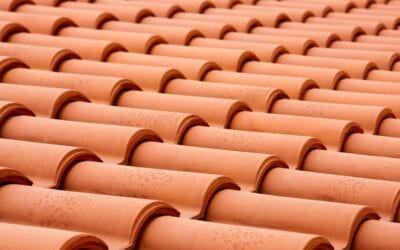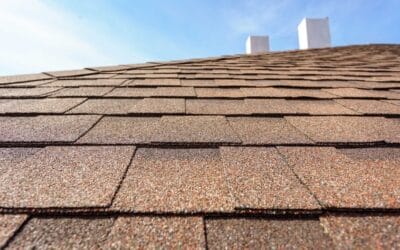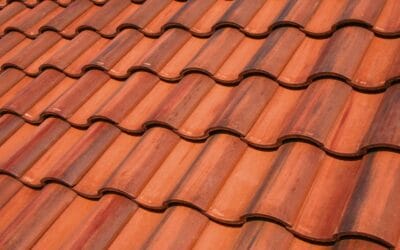Replacing your roof is a large investment. Knowing what your warranty covers and does not cover is vital. All manufacturers provide a material warranty against defects in their products, but the length of the warranty and terms will vary from manufacturer to manufacturer. Most architectural shingles stated warranty is a limited lifetime warranty, the non prorated portion in the fine print is different for each manufacturer.
The non prorated portion of the warranty is by far more important than the stated warranty. The non prorated portion of the warranty will pay for most of the labor and material to replace the roof, limiting the out of pocket expense to the homeowner. Once your roof exceeds the non prorated term, the manufacturer will only pay for a small portion of the material cost and will not cover any labor costs. This leaves the homeowner paying for a majority of the cost to replace a failing roof.
The following are common mistakes that can instantly void a manufacturer’s warranty:

- Improper Installation. Approximately two-thirds of the issues people have with their new roofs are due to workmanship errors. Therefore, the first thing a homeowner needs to do is find an experienced and trustworthy contractor that will install your roof correctly the first time. If the roof is not installed to the manufacturers specifications, they can and will deny any claim made against them.
- Laying over an existing layer of shingles. Although our local code allows to layover one existing layer of shingles, we recommend never doing so for many reasons. One being that it will void your manufacturer’s warranty.
- Inadequate intake and outtake ventilation. Proper attic ventilation keeps the attic space from becoming so hot that it can damage the shingles above it. Most contractors are aware of outtake ventilation, but do not account for the intake ventilation. Without both, a manufacturer can deny a claim made against them for a faulty shingle
Manufacturer defects are a more common problem than most homeowners think, but most are avoidable. An experienced contractor will know which shingle manufacturers have a poor history of their product performing inadequately and will avoid offering them to their customers. Homeowners should be doing their homework on the contractor they are hiring and the material being used to avoid issues down the road.



